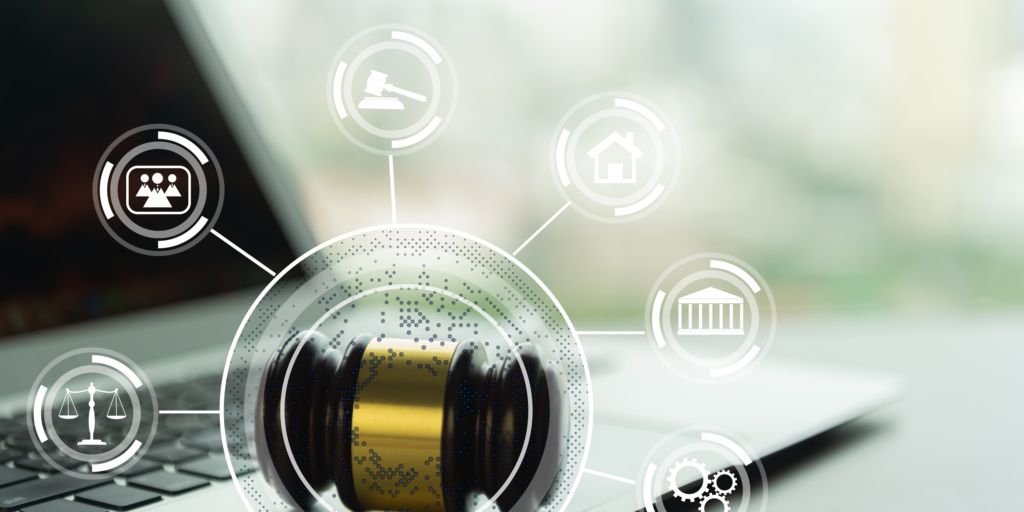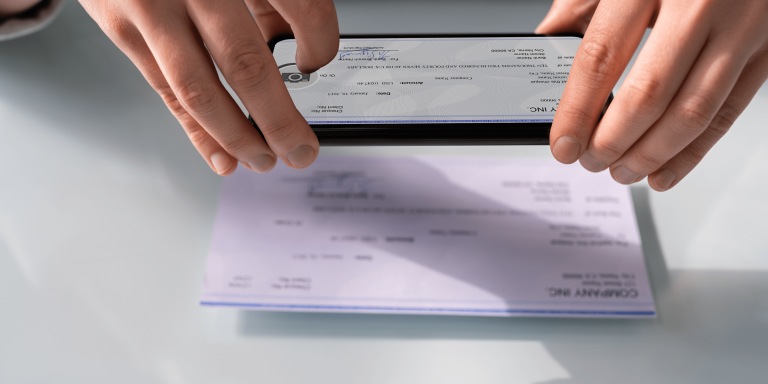Welcome to the age of technology and law, which shape our legal system. Technologies like AI-powered algorithms and digital tools have changed how justice is sought and served. Technology has transformed the legal system, and we will examine its pros, cons, and future prospects.
Advancements in Legal Technology
The law has been affected by rapid technological change. It has welcomed them because they can boost efficiency and fairness. From online case management systems to AI-powered research tools, technology has transformed the legal system.
Digitizing legal records and processes is a major achievement. Lawyers no longer have to search through heaps of documents for a document. Electronic filing systems store papers digitally, making them searchable and available anytime, anywhere.
These developments have many benefits but also drawbacks. Data security concerns grow as sensitive data is digitalized. Ethical issues concerning legal AI applications are also debated.
Moving forward, balancing privacy and innovation requires careful thought. Overall, technological advancement will shape law’s future.

Benefits of Technology in the Legal System
Technology has changed everything, including the legal system. Technology in the legal field improves efficiency, accuracy, and accessibility.
Accessing and processing information faster is a major benefit. Lawyers can swiftly find case law, legislation, and legal documents using digital databases and clever search algorithms. This saves time searching through physical files or doing manual research.
Technology also improves legal communication. Lawyers can safely communicate papers with clients and colleagues remotely. Videoconferencing allows remote discussions and depositions without courtroom or office attendance.
Electronic filing systems also improve judicial efficiency. Courts can now conduct cases digitally without paper records. This reduces clutter and lets judges quickly access relevant information during hearings or trials.
Technology allows lawyers, clients, judges, and other parties to work together to efficiently provide justice. It removes geographical restrictions and makes vital information available when needed.
As technology advances and societal requirements change, legal professionals must embrace these benefits and modify their practices to produce a more effective and responsive legal system.
Challenges and Concerns
Like any technological innovation, integrating technology into the legal system has its drawbacks. Data security and privacy breaches are big concerns. Electronically stored sensitive data is vulnerable to hacking.
Another difficulty is preventing technology from replacing human judgment. Automation can speed up operations, but it cannot replace legal experts’ expertise and critical thinking. The correct balance between employing technology to aid decision-making and relying on algorithms is difficult.
Technologists and legal experts must work together to develop strong cybersecurity measures, audit algorithmic decision-making processes, train lawyers and clients on legal tech tools, and protect user privacy.
Examples of Technology Used in the Legal System
Technology has transformed the judicial system, improving efficiency and access to justice. Let’s examine some notable legal technology applications.
E-filing systems let lawyers and litigants file court documents electronically. This streamlines, lowers paperwork, and saves time and resources. It simplifies case tracking and improves court record access.
Lawyers can also use legal analytics tools to forecast case outcomes by reviewing historical decisions and settlements. It helps them evaluate risks, create better plans, negotiate better settlements, and prepare for trial.
Video conferencing has become essential due to pandemic-related restrictions on physical gatherings. Virtual hearings are being used more in courts to ensure safety and continuity.
Technology has improved efficiency, decision-making accuracy, and cost savings in the legal system.
As with any disruptive development, deploying these technologies within the legal framework presents obstacles. Strong cybersecurity must handle internet data privacy problems.
Future Possibilities for Tech and Law
Rapid technological growth has changed many parts of our existence, including the judicial system. As we push innovation, it’s interesting to think about how technology will affect the legal industry.
Artificial intelligence has great potential. AI algorithms can scan massive volumes of data, helping lawyers find trends and perform research faster. This might simplify case preparation, freeing up lawyers to focus on strategy and client engagement.
Virtual reality (VR) could also change courtroom presentations. If jurors could digitally walk around crime scenes or relive key events from a case, they might better understand difficult situations.

As we consider these tech and law’s future possibilities, we must also consider their challenges. Addressing AI algorithms storing sensitive personal data privacy problems is crucial. Before widespread adoption, autonomous AI systems’ ethical consequences should be thoroughly explored.
The Role of Human Decision-Making
Law is constantly changing, and technology has contributed. Technology is essential to the judicial system, from advanced data analytics to AI algorithms. Despite these advances, human decision-making must be respected.
Technology can handle massive amounts of data and analyze it objectively, but it lacks critical thinking and ethics. Law demands empathy and understanding of complicated social issues, not merely deciphering rules and regulations.
Legal professionals have years of expertise and nuanced judgment. They weigh black-and-white facts and contextual elements like purpose and extenuating circumstances to decide a case.
However, humans should not ignore technological advances. Technology should help with legal research, document management, and administrative activities, not replace human decision-making.
We can balance efficiency and fairness by using human and technology skills in the legal system. Human-machine collaboration allows us to innovate without compromising justice and equity.
Balancing Technology and Traditional Methods
Technology is changing swiftly, and the legal system must balance new developments with conventional approaches. Technology has transformed the legal sector, yet conventional methods still have significance.
This balance must be struck in evidence collection. Digital advances have made it simpler to collect and analyze massive amounts of data, yet court processes sometimes require physical evidence or witness testimonies. Integrating both types of evidence without compromising fairness or accuracy is difficult.
Another option is using AI and algorithms for decision-making. AI can streamline document review and contract analysis, although biases may be present. Using AI alongside human judgment requires transparency and responsibility.
Considering each case’s unique circumstances is necessary to balance technology and traditional methods. There will always be occasions where technology cannot substitute human intuition and skill.











